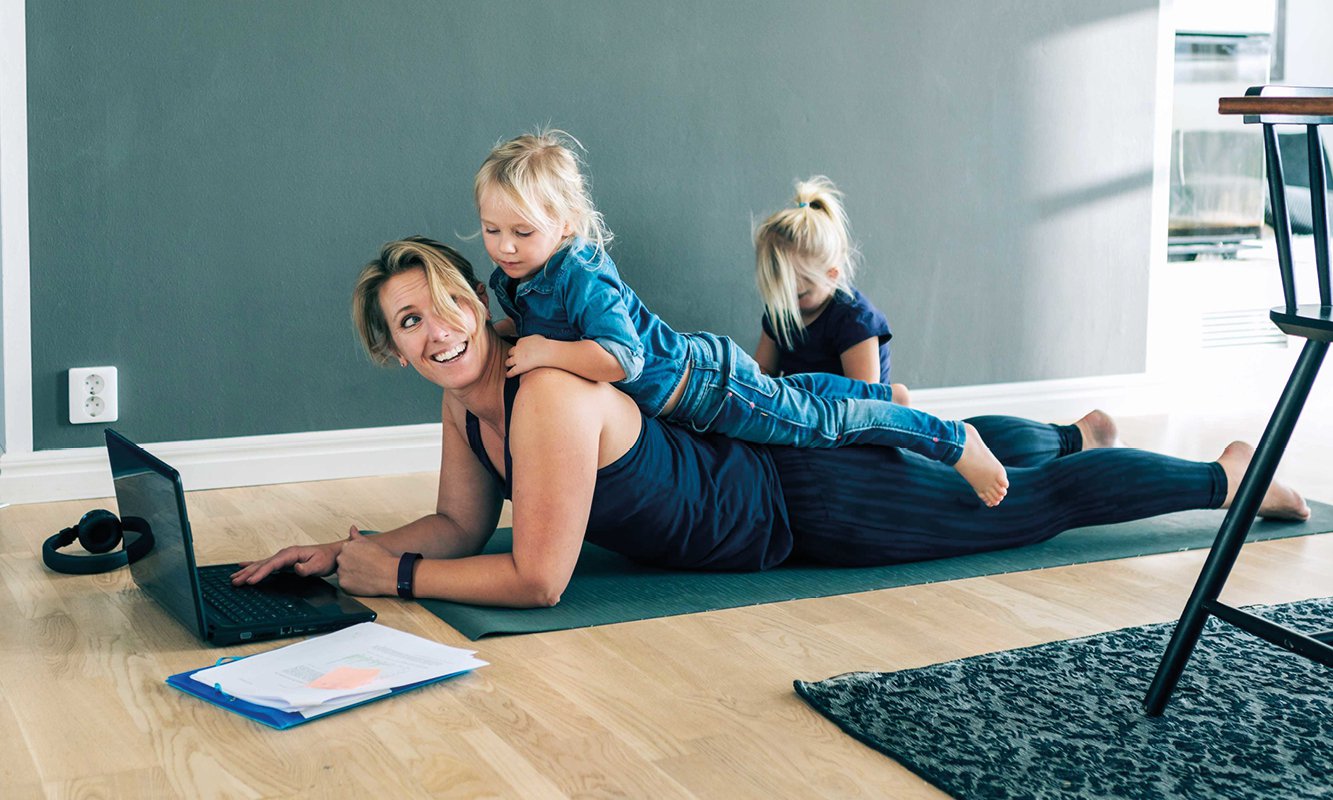Queensland’s chief Childrens Court judge has revealed that while detention of children in police watch houses remained “inevitable’’–the “serious problem’’ of holding them for more than a two weeks at a time had reduced from 294 to 11 over the past year.
The judge also revealed the COVID-19 pandemic saw a dramatic fall (33.4%) in the number of children appearing before Magistrate Courts but resulted in a significant rise (23.4%) in the number of cautions handed out by police with an extra 395 cases being addressed through restorative justice conferences.
Childrens Court of Queensland (CCQ) President Deborah Richards, in the Court’s 2019/20 annual report tabled in Parliament this week, said: “As with most aspects of daily life in 2020, the operations of the courts… went into lockdown after the global pandemic was declared on 11 March 2020 and jury trials… ceased.’’
“The Childrens Court of Queensland was able to continue to hear matters as trials are generally conducted without juries in (the Magistrates Court) jurisdiction.’’
Judge Richards, in the 58-page report, says during the past financial year there had been a considerable reduction in the number of children being detained in police watch houses, but noted the housing of children in police-run facilities while on remand was inevitable with Queensland’s only two detention centres located in Brisbane and Townsville.
“The last two (CCQ) annual reports raised the serious problem of children being kept in watch houses on remand with 294 children staying in the watch houses for periods in excess of 15 days in 2018/19,’’ Judge Richards said.
“With the expansion of beds in facilities throughout the State and the reduction of children in custody overall, that problem has been significantly alleviated.
“During 2019/20 the average length of stay in a watch house was two days and only 11 children stayed in the watch house in excess of 15 days with the majority staying less than five.
“In a state with a large number of rural or regional courts such as Queensland, watch house stays are inevitable for children remanded in custody who are arrested in locations which are distant to the detention centres in Townsville and Brisbane.’’
The report also demonstrated the over-representation of First Nations children in the criminal justice system continued with 46% of all child defendants being of Aboriginal and Torres Strait Islander descent.
“This is a telling statistic when the 2016 census reveals that Aboriginal and Torres Strait people make up only 4% of the Queensland population,’’ she said.
“This over-representation (in the criminal justice system) is even starker in younger children with 96% of 10-year-olds, 82% of 11-year-olds and 66% of 12-year-olds being Indigenous.
“Aboriginal and Torres Strait Islander young people are 10 times as likely as their cohort to have had a charge finalised in Queensland Courts in 2019-20. Sadly the figures in relation to indigenous children in custody remain fairly static with 70% of children in custody being Aboriginal and Torres Strait Islander.’’
Read report here: https://www.parliament.qld.gov.au/documents/tableOffice/TabledPapers/2020/5720T424.pdf








Share this article